On October 7, the University of Economics and Law (VNU-HCM) coordinated with the Ho Chi Minh City Law Newspaper to organize a scientific conference with the theme "AI and Law: International experience and some suggestions for Vietnam".
Need flexibility instead of "rigid frame"
Speaking at the workshop, Associate Professor Dr. Ngo Huu Phuoc, Deputy Dean in charge of the Faculty of Economic Law, University of Economics and Law, presented a paper on the impact of artificial intelligence (AI) on the legal system, legislative experience of countries around the world and policy suggestions for Vietnam.
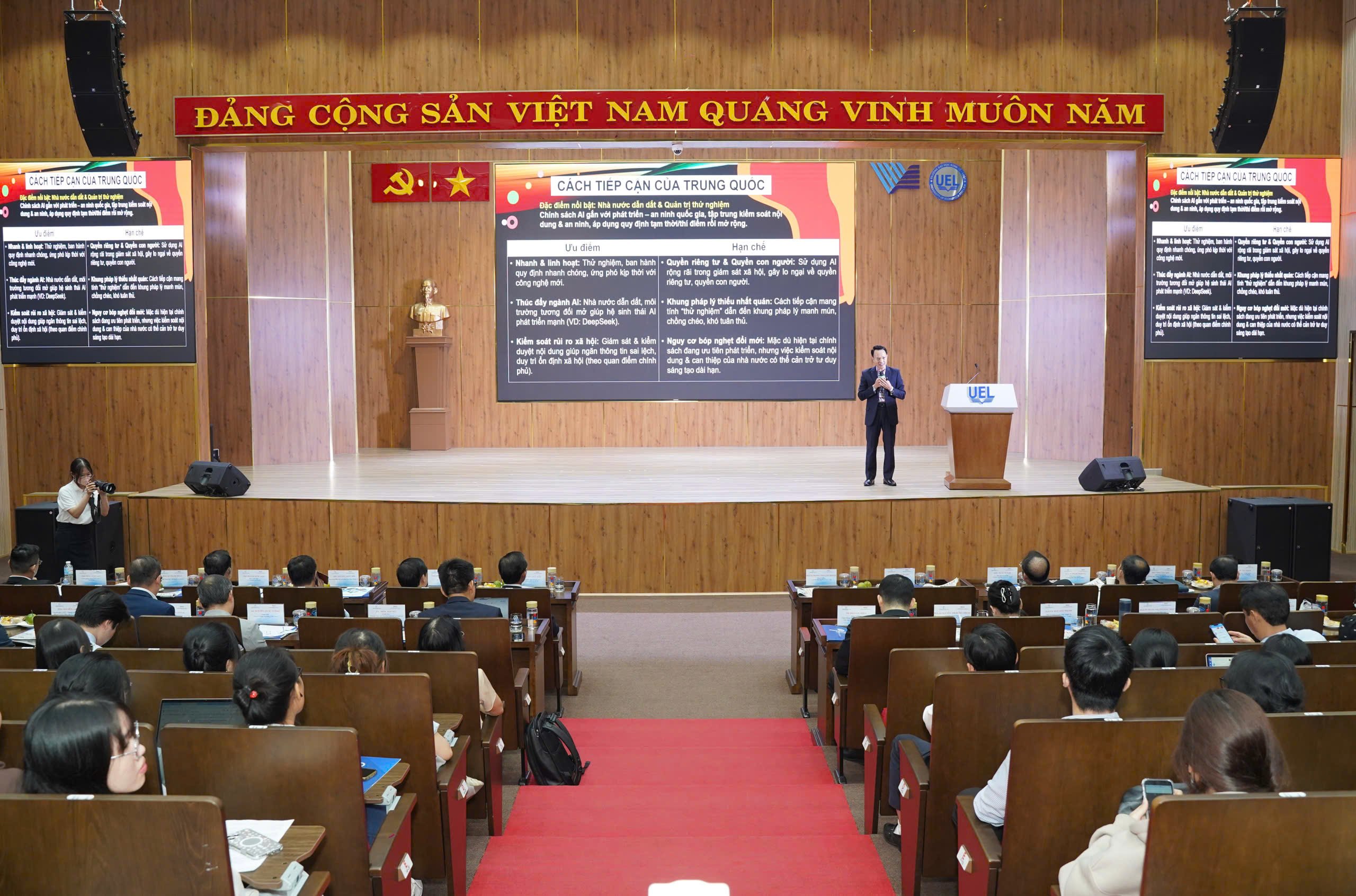
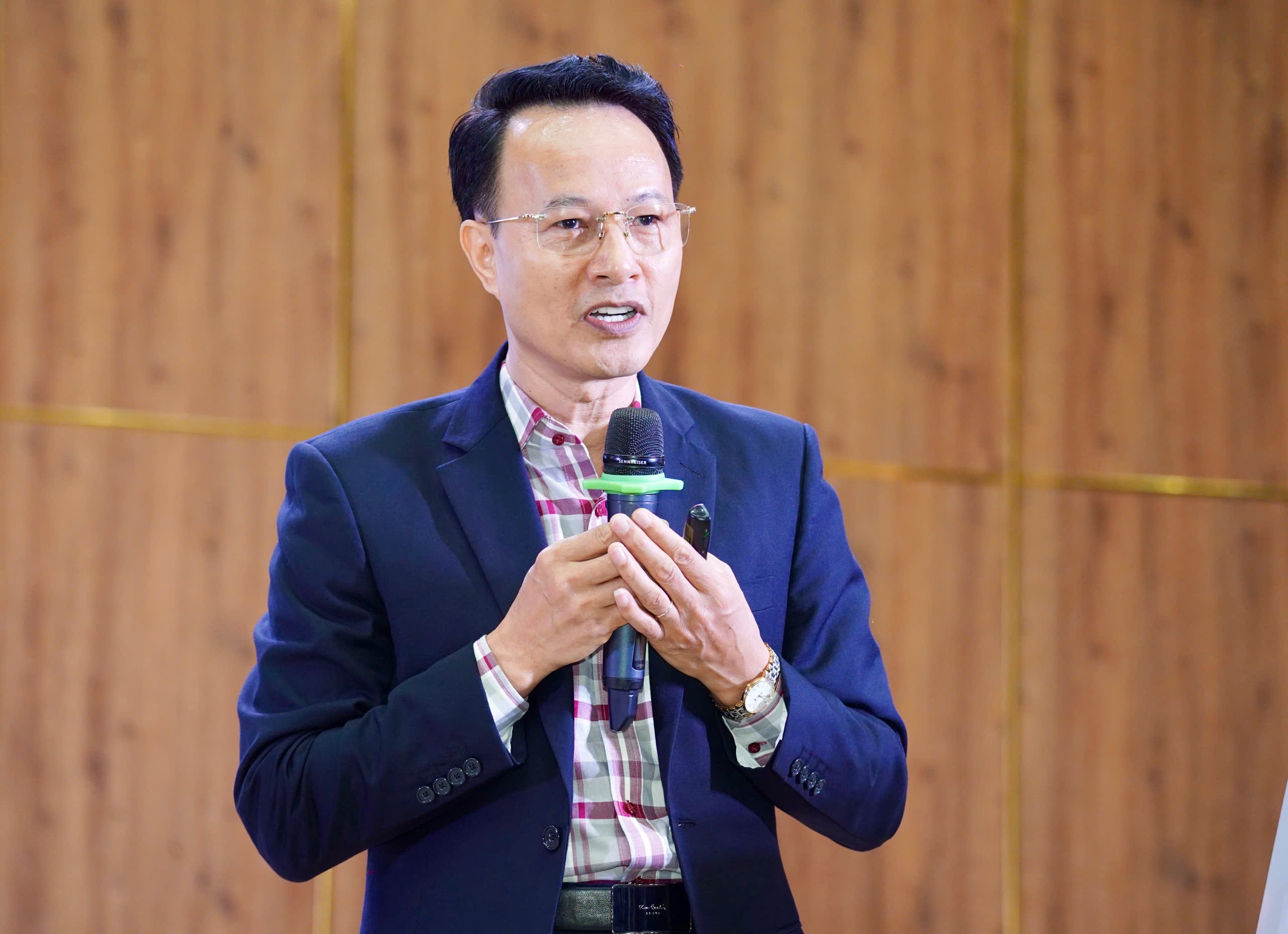
Associate Professor, Dr. Ngo Huu Phuoc, Deputy Dean in charge of the Faculty of Economic Law, University of Economics and Law, presented his paper. Photo: Organizing Committee
According to Mr. Phuoc, China is one of the countries with a remarkable approach to AI governance. This country applies a multi-layered model, combining basic laws such as the Cyber Security Law (2017), Data Security Law (2021), Personal Information Protection Law (2021) with specialized regulations, local regulations and technical standards of "soft law" nature. This approach helps China to both strictly govern and create conditions for technology testing within the scope of control.
The main advantages are speed and flexibility, allowing for rapid policy adjustments according to technological practices, while promoting the development of a strong AI ecosystem. However, this model also exposes limitations in terms of privacy, legal overlap, and the risk of stifling innovation due to deep State intervention.
Based on international experience, Associate Professor Dr. Ngo Huu Phuoc believes that Vietnam should not yet issue a separate law on AI at the present stage. The reason is that the domestic AI ecosystem is not yet mature enough to be legalized. Meanwhile, a "rigid legal framework" will hinder innovation. On the other hand, state management resources are still limited.
Instead, he proposed issuing an AI ethical framework (code of conduct) to guide responsible behavior and development; building an AI sandbox to allow controlled testing; and amending and supplementing existing laws to integrate AI-related regulations into the existing legal system.
According to experts, these orientations will help Vietnam take advantage of opportunities from AI flexibly, safely and in accordance with the country's actual conditions.
When AI knocks on the hospital door
According to Associate Professor, Dr. Le Minh Khoi - Head of the Department of Science and Training, University of Medicine and Pharmacy Hospital, Ho Chi Minh City, compared to fields such as economics or communications, AI in medicine has been developed with many advanced models. However, practical application is still cautious. "Doctors are still in the process of exploring, whether AI is a "friend" or an "enemy" - Associate Professor, Dr. Le Minh Khoi shared.
According to Associate Professor, Dr. Le Minh Khoi, bringing AI into the medical field poses a series of potential risks such as data security and privacy, bias in algorithms and ethics, issues of safety, responsibility and transparency...
One of the big risks is the “illusion” of AI. If errors occur in a widely deployed system, the consequences could affect thousands of patients. The question of liability is also thorny: If AI causes errors in diagnosis or treatment, who is responsible – the doctor using the system, the system developer, the distributor, the hospital or the regulator?
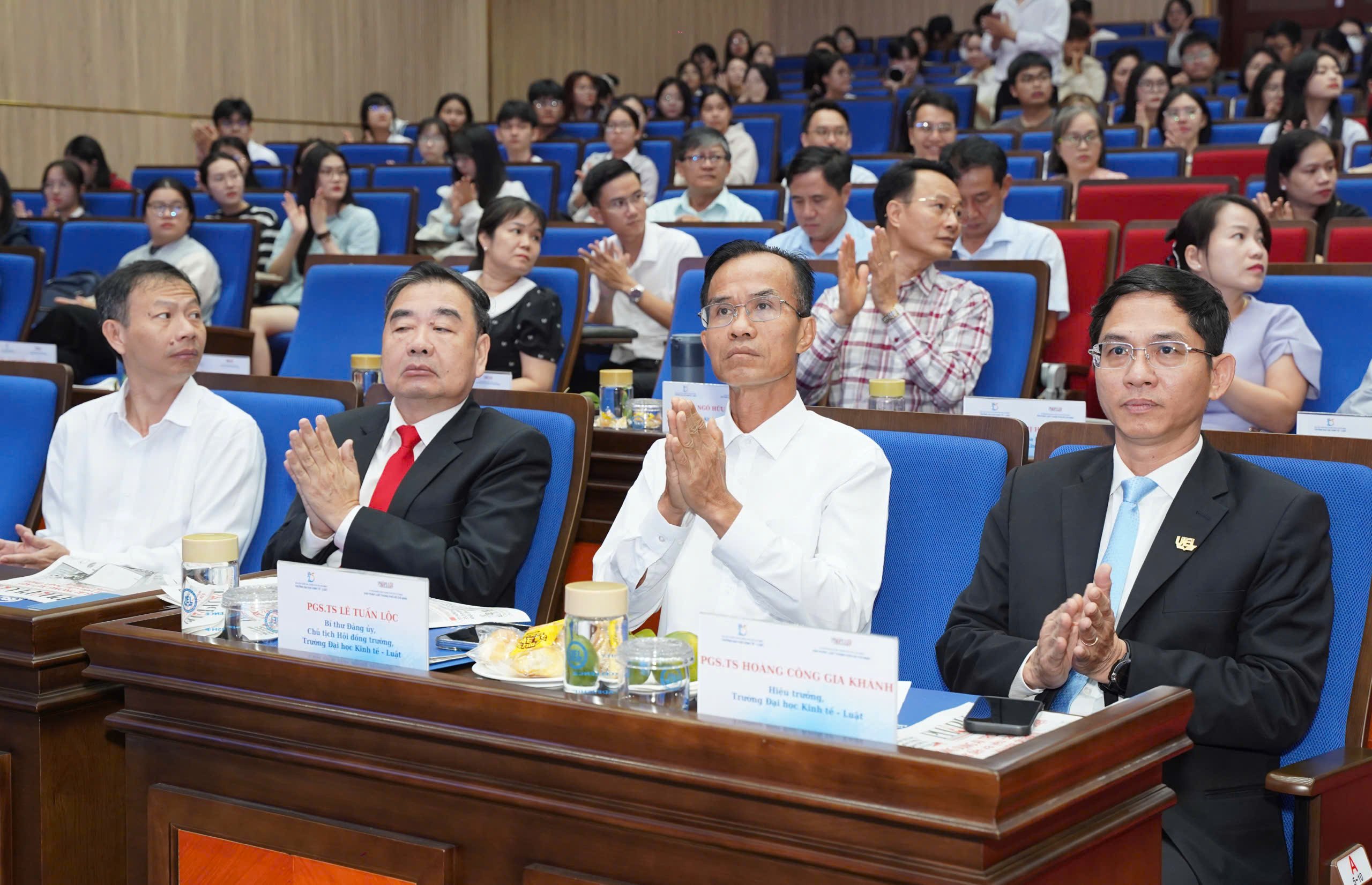
Conference scene - Photo: Organizing Committee
In addition, if doctors rely too much on AI, they may lose their ability to think and make clinical judgments, and gradually lose the ability to detect and correct errors, while human supervision remains an indispensable factor. In addition, conservative mentality, fear of losing their jobs or lack of understanding of technology also make many medical staff hesitant to approach AI.
Regarding legal challenges, Associate Professor Dr. Le Minh Khoi commented that the speed of AI development is currently far beyond the regulatory system's ability to regulate. Technology is moving too fast, while regulations are slow, causing us to fall into a "suffocating" situation between two extremes: if we tighten it, it will stifle innovation, but if we loosen it, it will be risky for patients. In addition, the medical data infrastructure in Vietnam is still fragmented, inconsistent and of uneven quality, making it difficult to train and test AI models.
Mr. Khoi concluded that AI is a great opportunity for the medical industry but also a test of human adaptability, open-mindedness and responsibility in the digital age.
Source: https://nld.com.vn/chuyen-gia-gop-y-khong-voi-luat-hoa-ai-196251007140039549.htm






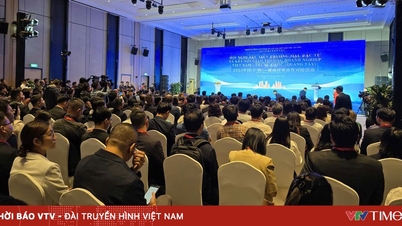





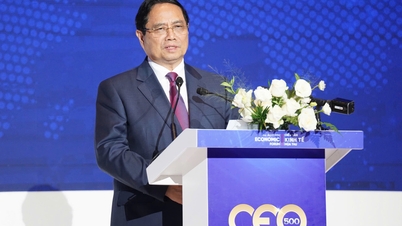



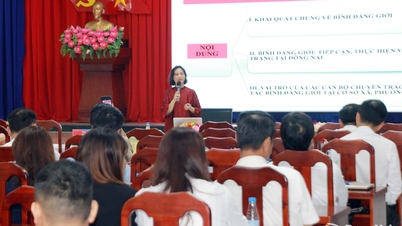













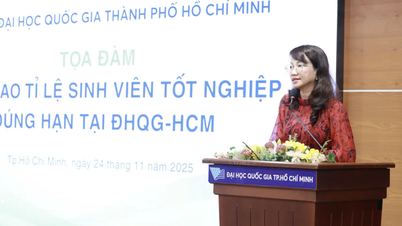

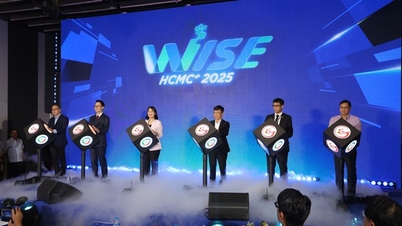















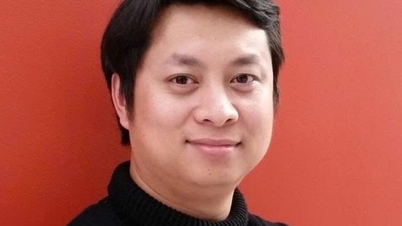













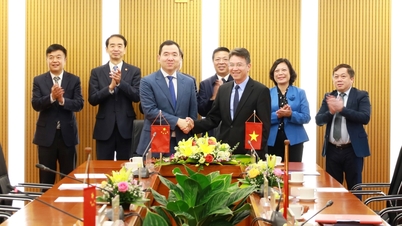





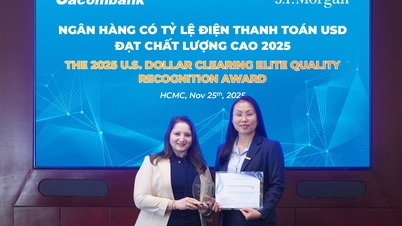










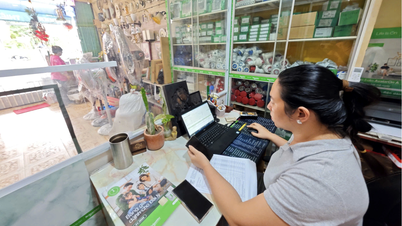







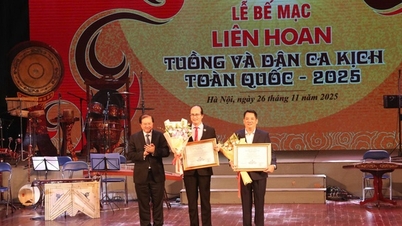
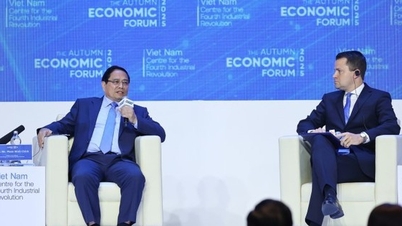

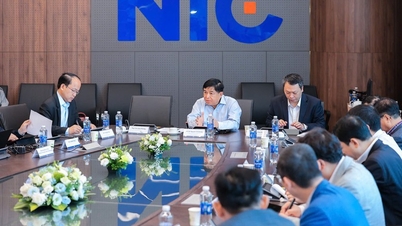


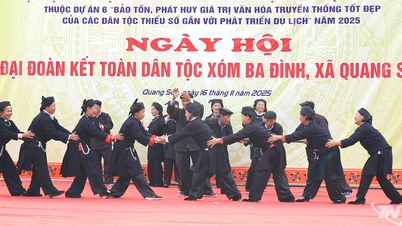



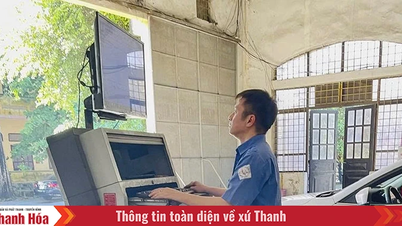



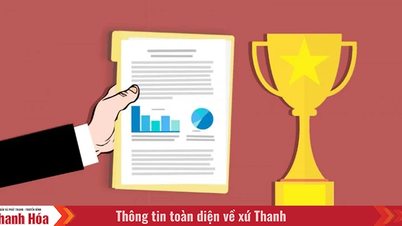












Comment (0)